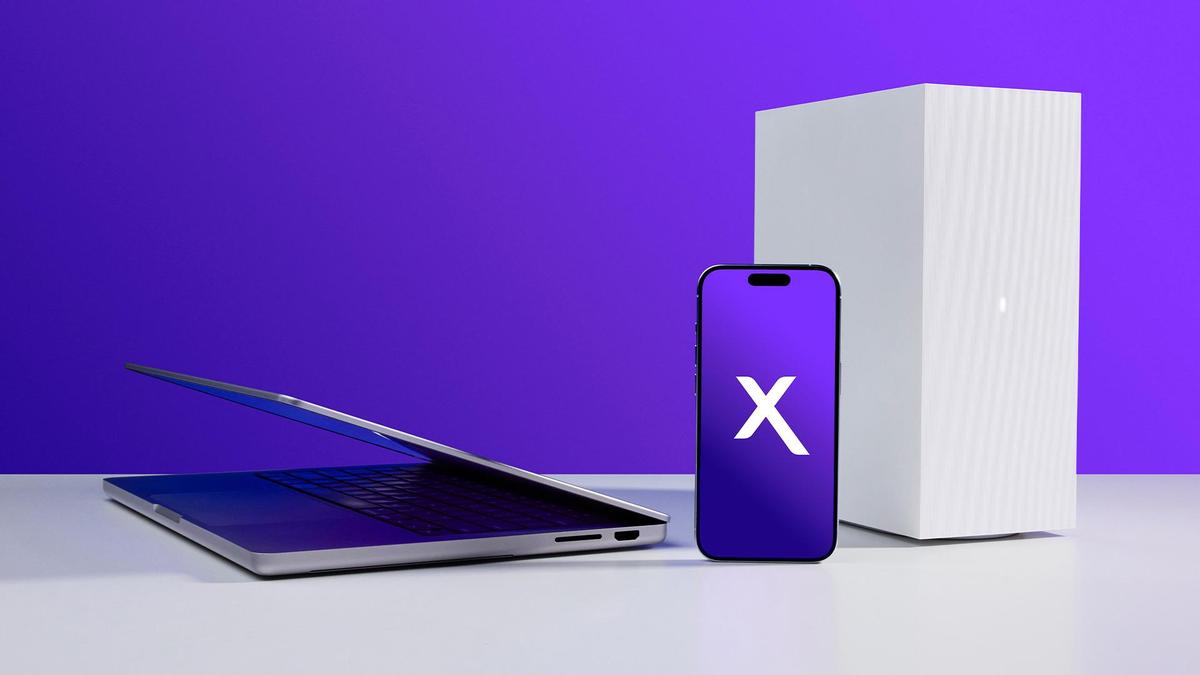New smartphone labels for battery life and repairability are coming to the EU
EU Mandates New Smartphone Labels: Battery Life, Repairability, and More!
The European Union is taking a significant step towards empowering consumers and promoting sustainability with the introduction of mandatory labels for smartphones and tablets. These labels, similar to those already used for home appliances, will provide clear and concise information about a device’s energy efficiency, durability, and, crucially, repairability. This initiative aims to help consumers make informed purchasing decisions and encourage manufacturers to design more sustainable and easily repairable devices.
Understanding the New EU Smartphone Labels
Starting June 20th, any smartphone or tablet sold within the EU will be required to display this new label. The label is designed to be easily understood at a glance, providing key information in a standardized format:
- Energy Efficiency Rating (A to G): Indicates how energy-efficient the device is, with ‘A’ being the most efficient.
- Battery Life: Shows expected battery life under typical usage.
- Charge Cycles: Number of full charges before battery capacity begins to degrade significantly.
- Durability Rating (A to G): Reflects resistance to scratches, drops, and general wear.
- Repairability Rating (A to G): Evaluates ease of repair, parts availability, and disassembly.
- IP Rating: Indicates dust and water resistance levels (e.g., IP67).
 Example of the EU energy label for smartphones and tablets.
Example of the EU energy label for smartphones and tablets.
Ecodesign Requirements: Setting Minimum Standards
The EU is also introducing “ecodesign requirements” to ensure products meet baseline standards for sustainability:
- Splash & Dust Protection: Must guard against particles larger than 1mm and light splashes.
- Scratch & Drop Protection: Devices must resist daily wear and minor falls.
- Battery Longevity: Must retain 80% capacity after 800 charge cycles.
- Spare Parts Availability: Key parts must be supplied within 5–10 business days.
- Software Updates: Vendors must provide updates within six months of source code availability.
Devices Covered
The new regulations apply to:
- Smartphones and tablets up to 17.4” screens
- Feature phones
- Cordless landline phones
Note: Rollable phones and Windows-based tablets are currently exempt.
Why This Matters
This shift is likely to:
- Raise consumer awareness about sustainability.
- Spur demand for repairable, longer-lasting devices.
- Encourage manufacturers to adopt eco-friendly designs.
- Empower independent repair businesses.
Toward a More Sustainable Digital Future
By enforcing transparency and setting sustainability standards, the EU is setting the stage for a more circular economy in consumer tech. The rest of the world will be watching — and likely following.
Source: The Verge



